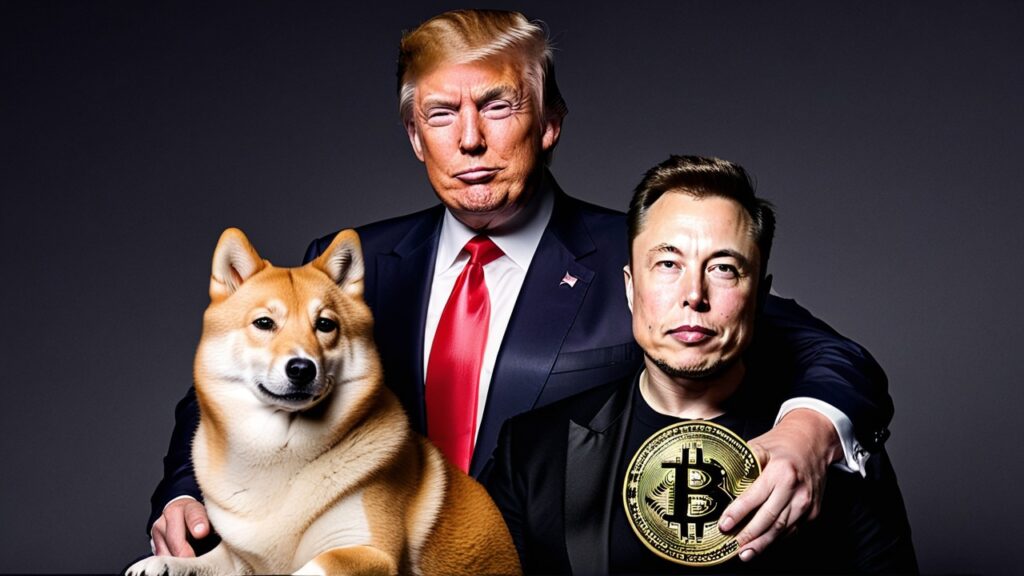- The global crypto market cap hits $2.07T after a 4.21% drop.
- Daily trading volume surged by 39.92% to $98.33B.
- DeFi accounts for 4.87% of the total trading volume.
- Bitcoin dominance dips slightly to 56.00%.
Crypto Market Takes a Hit, Valuation Drops by 4.21%
The global crypto market experienced a significant decline, with its total market capitalization falling to $2.07 trillion—a 4.21% decrease over the last 24 hours. This dip highlights the volatile nature of the market, where swift changes in sentiment or macroeconomic factors can lead to substantial valuation shifts.
Despite this drop in market cap, the overall trading activity surged. The total trading volume across the crypto market reached $98.33 billion, marking a 39.92% increase from the previous day. This surge suggests heightened trading activity, possibly driven by panic selling or opportunistic buying in response to the price dip.
DeFi and Stablecoins Lead the Charge
Decentralized Finance (DeFi) continues to play a crucial role in the crypto ecosystem. Over the last 24 hours, DeFi trading volume accounted for $4.79 billion, representing 4.87% of the total market volume. While this is a small fraction of the overall market, it underscores the growing importance of DeFi platforms in the broader crypto landscape.
Stablecoins, known for their stability and liquidity, dominated the trading volume, with a massive $92.02 billion traded in the last day. This figure represents 93.59% of the total 24-hour crypto market volume, highlighting the reliance on stablecoins as a safe haven during periods of volatility.
Bitcoin Dominance Slips Amid Market Turbulence
Bitcoin, the flagship cryptocurrency, saw its dominance in the market slightly decrease. Currently, Bitcoin’s market share stands at 56.00%, down by 0.36% over the last day. This dip in dominance could indicate a shift in investor focus toward altcoins or stablecoins amid the broader market downturn.
The recent market movements are a stark reminder of the inherent volatility in the crypto space, where market sentiment can shift rapidly, influencing both asset prices and trading behavior.


